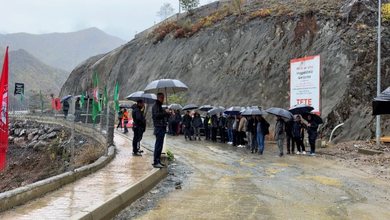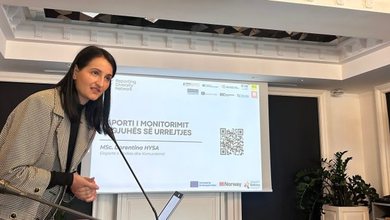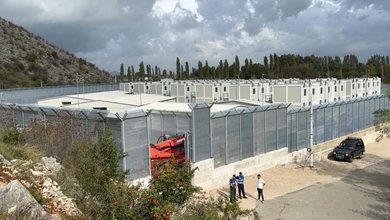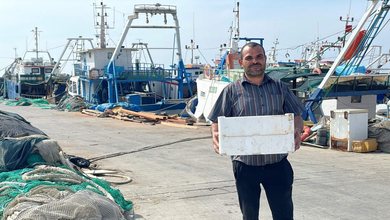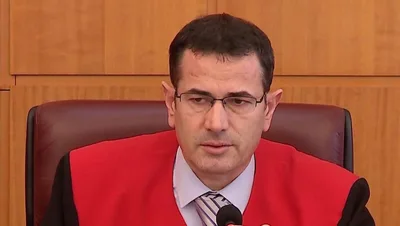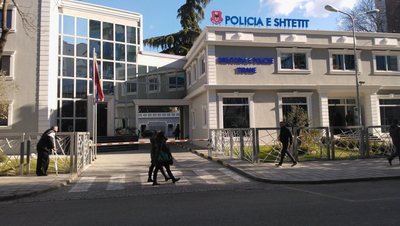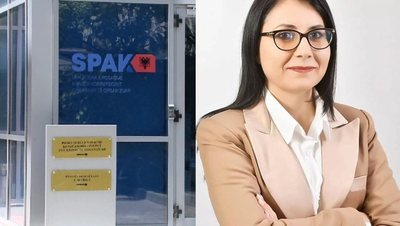
Compared to other Western Balkan countries, the development of startups in Albania is still at an early stage, notes the report "The Western Balkans Start-up Ecosystem at a Crossroads" conducted by the Regional Cooperation Council.
The study highlights that Albania has begun to create the institutional and legal foundations to build a sustainable innovation ecosystem, but its performance remains lower compared to neighbors such as Serbia or North Macedonia.
According to the study, Serbia is the most advanced ecosystem, with consolidated infrastructure, national funds and an innovation network that includes more than 20 collaboration centers.
On the other hand, Kosovo is gaining ground with significant investments in FinTech and AgriTech, while North Macedonia has the advantage of institutional experience through the FITD fund and international partnerships.
Bosnia and Montenegro lag behind due to the lack of coordinated strategies and sustainable financial support. Albania, in this context, stands in the middle, having made progress in legal reforms and digitalization, but still lagging behind in concrete funding results, low startup density and lack of international success stories.
The study assesses Albania as a case with high untapped potential, but which still needs increased funding, more coherent policies and stronger links with universities and the diaspora to move from the experimentation phase to a sustainable regional innovation ecosystem. In this regard, Albania is in a similar situation to Bosnia and Montenegro, while Serbia and Kosovo have managed to attract much larger investments from international funds.
Unlike Serbia, which has built a comprehensive strategy for artificial intelligence and a network of technology parks, or Kosovo, which in 2024 reached a record of 50 million euros in startup funding, Albania has had less dynamism in international markets and is missing from the list of leading innovative cities in Eastern Europe. Tirana is not yet ranked in the top 1,000 global cities for startups, unlike Belgrade or Skopje, which are included.
In terms of education and people, Albania faces the same challenge as the entire region, the “brain drain”. A large part of talented young people emigrate, creating a lack of expertise in innovation, scientific research and business management.
Global Startup Ecosystem Index, Albania to see a sharp decline in 2025
The 2025 Western Balkans Startup Ecosystem Index ranked Albania 83rd globally, but with a significant decline in activity of -19.1%. This means that the local startup ecosystem has shrunk significantly compared to the previous year. Furthermore, Tirana is not ranked among the top 1,000 cities in the world for startup development, indicating a significant lack of regional and international competitiveness.
Unlike Albania, Bosnia and Herzegovina has seen a slight improvement with a 5% increase, ranking 91st in the world and 23rd in the Eastern European region. The country’s two main centers, Sarajevo and Banja Luka, have managed to enter the global city rankings, with Sarajevo in 769th place.
Kosovo is ranked 97th in the world and 24th in the Eastern European region, with a stable ecosystem performance (less than 5% growth), while Pristina does not have a specific ranking among global cities.
Montenegro is not included in the world's top 100 and has no cities ranked among the top 1,000, reflecting a clear lack of development in this area.
On the other hand, North Macedonia ranks 78th in the world and 19th in the region, but with a downward trend of less than 2%. However, the capital Skopje maintains a stable position at 552nd place globally.
Serbia remains the regional leader, ranking 56th in the world, although it has suffered a slight decline of 1.5%. Belgrade is among the most developed cities in the region in this area, in 197th place, followed by Novi Sad in 502nd place and Niš in 908th.
There is a clear gap between Serbia and other Western Balkan countries, while Albania and Montenegro need to significantly strengthen policies for innovation and support for startups in order not to fall behind in the global race./MONITOR




